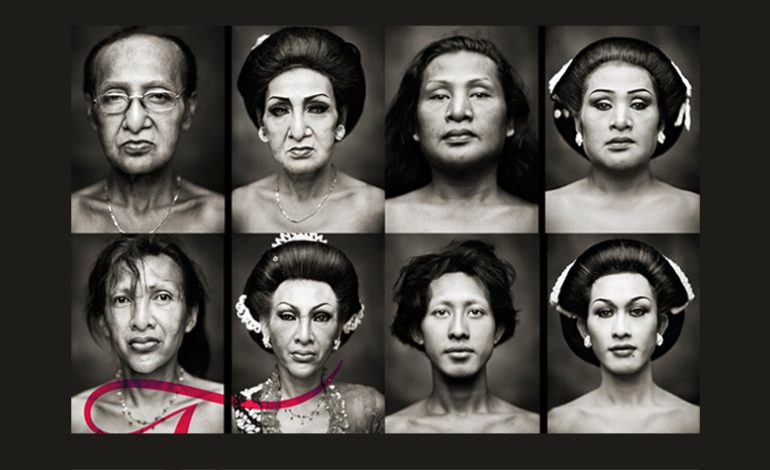The Moving Tales of the Waria

“Waria is a man. But he has a woman’s soul.”
The statement opens the trailer of Tales of the Waria, a 2012 documentary by American filmmaker Kathy Huang, who weaves intimate stories of four warias, the Indonesian word for transgender, in Makassar, South Sulawesi, and their complex romantic relationships.
Huang said that her initial intention was to create a documentary about how Islamic teachings shape the lives of waria in Makassar, but she faced resistance from her subjects who were neither interested in her topic nor roused by the idea of religion as a source of conflict. These warias would much prefer her making a movie about their struggles to find love. Huang heeded the suggestions and adjusted the project, demonstrating her integrity as a storyteller. She does not create this documentary merely as a vehicle to impose her own agenda, and the virtue is paid off by the rich stories that these four warias – Mami Ria, Ari, Tiara and Suharni — unfurl.
While the stories of Tiara and Suharni are both compelling, the tales of Mami Ria and Ari are more gripping and fascinating as they bring something else beyond the cliché to the table that demonstrate the intricate lives of the third gender.
“Having a partner is every waria’s dream. Someone who inspires us and makes life more beautiful.”
An older waria, Ria owns a beauty salon and works as a hairdresser and a makeup artist. At the beginning of the film, she is depicted as the second wife of a police officer. The couple is open about their relationship, and they are recognized by their surroundings. Ria even has a good relationship with her husband’s first wife, who confesses that she feels that she can trust Ria. Regardless, the relationship slowly unravels and turns sour, as Ria realizes that no matter how much she loves her husband, his first wife and their children will always come first.
We begin to see her struggle to get her husband’s love and affection. She undergoes a surgery to have fuller lips, which is painful to watch as it highlights the great length many women go through to hold on to their loved ones despite the obvious display of apathy from their lovers. Ria’s ex-husband, meanwhile, never seems to bother about his look as if certain that he will always have both of his wives undying love and attractions.
Then there is Ari, the so-called “ex-waria.” Due to his parents’ insistence, he is married to a woman and together they raise their two children. He dresses like a man, shaves his head and continues to work as a hair stylist in his hair salon. He hangs out until late with his waria friends at a local cafe, a habit that often worries his wife. Even though he insists that he only hang out with his friends for work, toward the end of the documentary, we get to see that he may not be completely honest about his motive and is still yearning for a relationship with a man.
“Love is extraordinary. Especially if it’s with someone of the same sex.”
Tales of the Waria is a documentary of superb quality. It tells a rich story, it’s compelling, and it informs viewers on what it means to be a transgender in a traditional society that puts high values on family and religion.
A homogenous society tends to pressure its members to blend in. It is a way for the society to define itself and to create a sense of order. However, I find it crucial for us to question the pressure that limits the rights of its member to be him/herself. When we lose our privacy, our rights to be ourselves and to express ourselves, then what happens?
Tiara and Suharni’s stories might offer this sense of possibility—of an opportunity to find space to be oneself. But to both women, it’s not an easy path to take. It never is.
Note: Tales of The Waria DVD can be purchased through its official website: www.thewaria.com
About Ully Damari Putri
Ully is an ex-tabloid reporter, a media analysis instructor, and a chronic procrastinator. She lives in Boulder, Colorado where she’s trying hard to finish writing her dissertation on time and graduate in 2014. When she’s not busy writing or checking on Facebook, she likes to keep up with news on pop culture and health issues in the U.S and Indonesia.






















